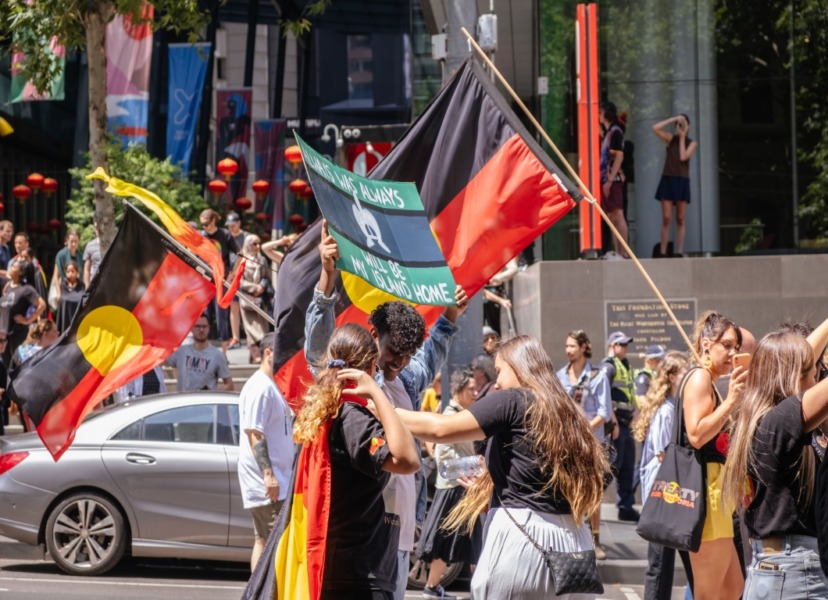Australia’s Recent Indigenous Referendum: A Missed Opportunity for Equality
- TDS News
- Breaking News
- October 15, 2023

Australia’s history is deeply intertwined with the legacy of British colonization in the late 18th century. The arrival of the First Fleet in 1788 at Port Jackson, now known as Sydney, marked the commencement of British colonization in Australia. However, this colonization profoundly impacted the indigenous Aboriginal and Torres Strait Islander peoples who inhabited the continent for thousands of years before Europeans arrived. The British established colonies across Australia, leading to the displacement and mistreatment of the indigenous populations.
Over time, Australia evolved into a federation of six British colonies in 1901, culminating in the formation of the Commonwealth of Australia. With gradual moves toward independence, Australia eventually achieved full sovereignty by passing the Australia Act in 1986. Today, it is a sovereign nation and a member of the Commonwealth of Nations.
Despite these historical developments, Australia, like many nations with indigenous populations, continues grappling with colonization’s far-reaching consequences. Much like their counterparts in Canada and other countries, Indigenous communities often face significant disparities in living conditions, limited access to resources, and limited economic opportunities. Many indigenous groups are located in remote areas, where poverty remains a persistent challenge.
A referendum establishing an Indigenous advocacy committee in the country’s Parliament sought to address some of these issues but failed. The committee was intended to ensure that the voices and concerns of indigenous Australians would be adequately represented in the nation’s decision-making processes. However, the referendum failed to pass, with 59% of Australians voting against it.
This outcome underscores the persistence of racial prejudice. It raises a fundamental question: Why should it take a referendum to guarantee that all citizens, regardless of their background, have access to the same resources, opportunities, and basic decency and dignity? The referendum’s failure only serves to solidify a divisive narrative against non-indigenous people, perpetuating the notion that some citizens deserve more equality and a better chance at life than others. This is a stark departure from fairness, justice, and inclusion principles in a diverse and multicultural nation like Australia.
Such events remind us that, in Australia and around the world, certain races or classes of people continue to perceive themselves as superior to others, perpetuating inequality and division. In a just society, there should be no monopoly on doing good, and every citizen should have the opportunity to contribute to the betterment of society and share in its benefits, regardless of their background.
Australia’s history is marked by colonization and the mistreatment of its indigenous peoples. While progress has been made in recognizing the rights of indigenous Australians and working towards reconciliation, the failure of the recent referendum is a stark reminder that much work remains. Indigenous voices should be heard, and their rights and interests should be respected without needing referendums to decide their basic human rights and opportunities.
All Australians must work together to ensure the nation’s indigenous communities are afforded the same opportunities, resources, and dignity as any other citizen. Only then can Australia truly move beyond the shadows of its colonial past and work towards a more equitable and inclusive future.








